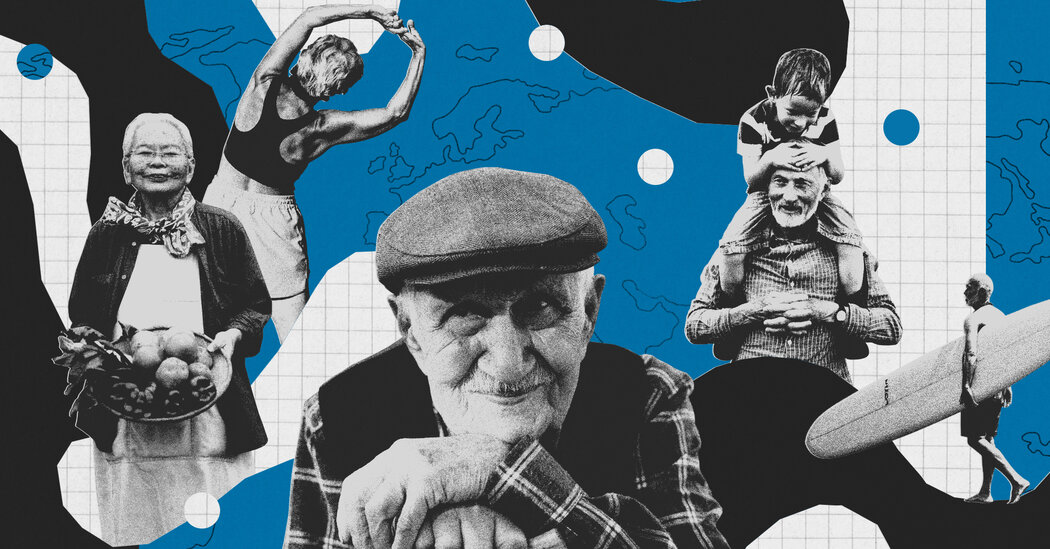The premise is catchy, but some think it’s based on faulty data.
The concept is simple and alluring: There are special regions around the world — called blue zones — where people regularly remain vibrant and active into their 90s and 100s, thanks to a simple set of behaviors that anyone can follow.
It’s sensible enough to sound convincing, and ambiguous enough to support a health and longevity empire. In the 20 years since blue zones were first introduced, the Blue Zones brand (now trademarked) has spawned eight books, a Netflix series, product partnerships (Langers Blue Zones iced tea, Bush’s Blue Zones canned bean soups) and a multimillion dollar program for other cities to become “Blue Zones certified” — all in the name of helping people attain their longevity goals, ostensibly by mimicking the lifestyle habits of the individuals living in each region.
But not everyone is buying into it. Some experts — one in particular — are questioning whether the blue zones themselves, those bastions of health, might be too good to be true.
Where did the idea of blue zones come from?
The term “blue zone” was first used in 2004 in an article published in the academic journal Experimental Gerontology, about centenarians in Sardinia, Italy. In the paper, the researchers used the color blue to shade portions of a map of the island denoting where people had exceptional longevity. They speculated that this may be attributed to nutrition and lifestyle, or it could be thanks to “the high rate of inbreeding” in the isolated regions, which conceivably led to protective genetic characteristics becoming more prevalent in the population.
The idea gained momentum the following year, when National Geographic reporter Dan Buettner used the phrase in a feature story highlighting three regions — Okinawa, Japan; Loma Linda, California; and Sardinia — where research had found people lived longer and more healthily than average.
In the article, Mr. Buettner attributed the longevity and vitality of the regions’ citizens to their healthy behaviors. People from these places, he concluded, were more likely to eat a nutritious diet with lots of fruits and vegetables, get plenty of physical activity, prioritize family and community and not smoke cigarettes. Drinking in moderation, not eating too much, managing stress, having a purpose in life, dedication to religion and good genes were other factors mentioned.
